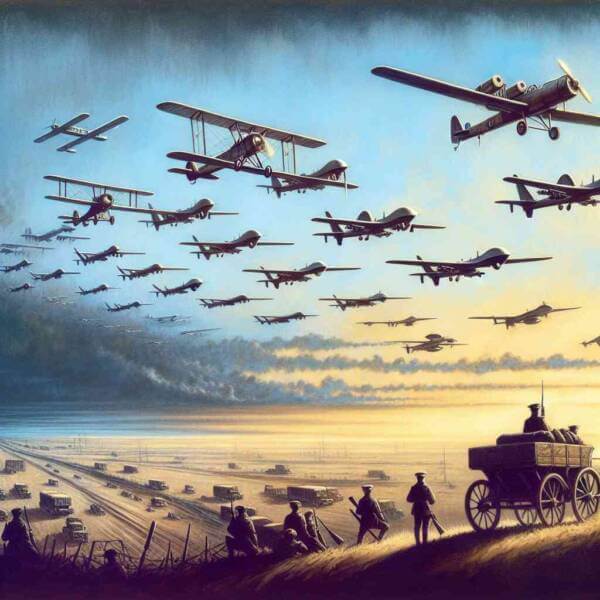Complete Guide About Military Aviation
Complete Guide About Military Aviation
Blog Article

Since its beginnings in the early 20th century, military aviation has revolutionized warfare.
Nations invest heavily in military aviation to protect national interests.
History of Military Aviation
Military aviation started during World War I, with aircraft initially used for reconnaissance.
Important events in the evolution of military aviation:
- The introduction of fighter planes and bombers
- World War II advancements
- The Cold War era
- Modern drone warfare
Each era brought new technologies that pushed the limits.
Types of Military Aircraft
Understanding the types of military aircraft helps in appreciating the complexity of modern air forces.
Common categories of military aircraft are:
- Fighter jets
- Planes that deliver heavy payloads
- Logistical support aircraft
- Eyes in the sky for modern armies
Each type plays a key part in military operations, from striking enemy targets.
Importance of Air Superiority
Air superiority is crucial for achieving military success.
How controlling the air impacts battles:
- Reducing enemy effectiveness
- Cutting off enemy resources
- Surveillance and reconnaissance missions
- Boosting morale
Nations with strong military aviation capabilities can control conflicts.
The Next Generation of Military Aircraft
Constant research and development push boundaries for future warfare.
Future technologies in military aviation:
- Aircraft designed to evade radar detection
- Hypersonic weapons
- Artificial intelligence-driven missions
- Laser and electromagnetic systems
These advancements increase survivability for air forces worldwide.
Obstacles Facing the Industry
From high costs to geopolitical tensions, the road to air dominance is a constant battle.
Major obstacles to overcome:
- Budget constraints for defense programs
- Need for constant upgrades
- Securing digital communications and data
- Questions about accountability and control
Addressing these challenges is necessary for effective defense strategies.
Future of Military Aviation
The future of military aviation promises an visit this website era of transformation.
Expected advancements:
- Autonomous mission planning
- Space as the next battlefield
- Reducing environmental impacts of defense operations
- Enhanced multinational cooperation
The next era of military aviation will revolutionize how wars are fought.
The Enduring Power of Military Air Forces
Military aviation remains a decisive factor in global defense.
As technology continues to evolve, the skies will remain a frontline of innovation where military aviation protects nations.
The future of military aviation is full of potential — and it’s only just beginning. Report this page